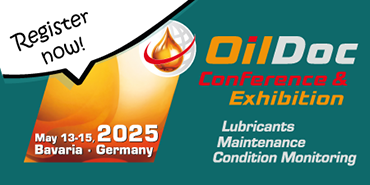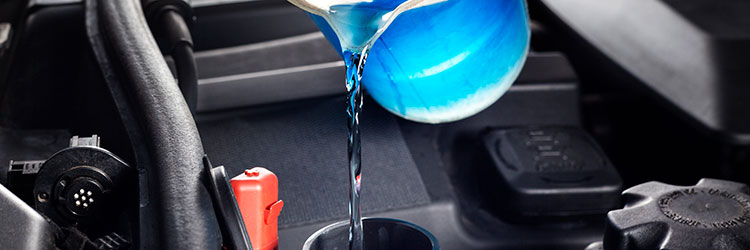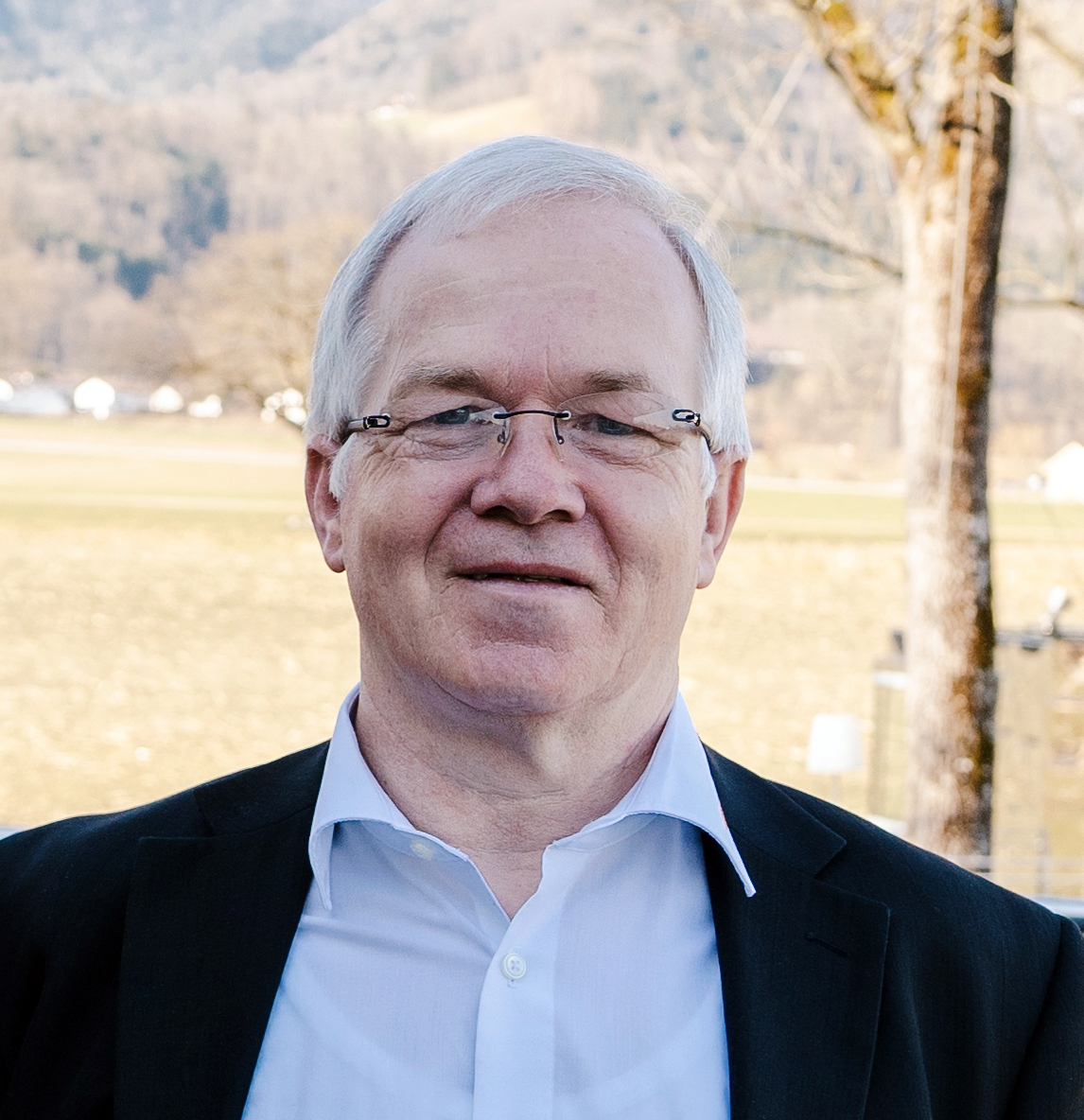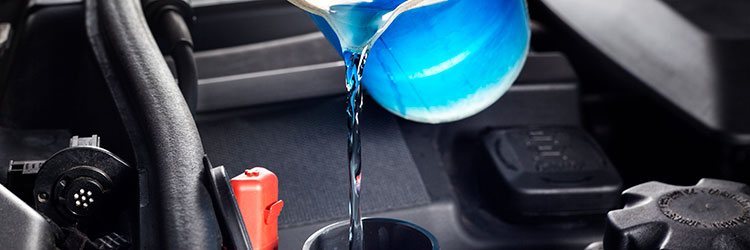The development towards higher power densities in modern systems requires ever more specific operating fluids and does not stop at coolants.
Coolants are increasingly being customised to an application or a specific system. Nevertheless, or perhaps precisely for this reason, there is often uncertainty in practice when dealing with coolants: What are the effects of incorrect coolant additives? What influence does the water quality used have? What happens if I mix different coolants?
During the one-day seminar, these questions will be answered and the coolant as an operating material will be examined in more detail. Your speaker will also explain the extent to which coolant analyses can help to improve the reliability of the entire system as part of quality assurance and condition monitoring.
The seminar will also give you an insight into the function and development of modern coolants. It is aimed equally at system manufacturers and users and shows the problems and solution approaches in the formulation and application of coolants.
After this seminar …
- know the typical properties of coolants
- do you know the difference between IAT, OAT or Hybrid
- you can select the right coolant for your system
- Monitor coolants in use effectively
- Define sensible coolant change intervals
- Avoid system damage and reduce operating costs
Target Group
Designers, operators, maintenance engineers and repair technicians from the fields of
- Automotive (passenger cars/commercial vehicles, agriculture and forestry, construction machinery)
- Railway
- Ship
- Stationary motors
- Wind turbines






